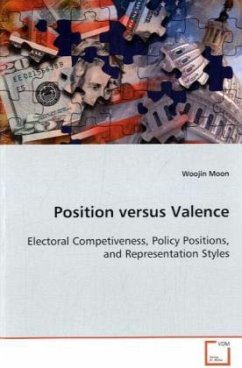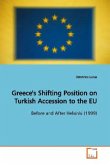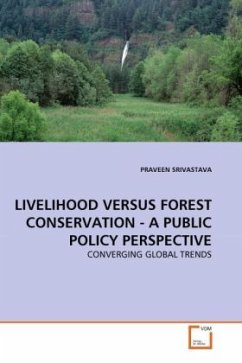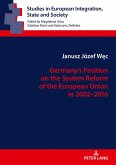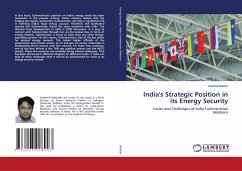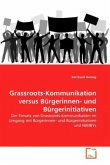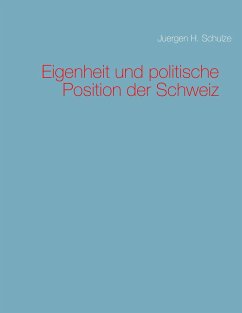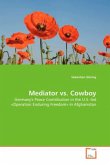This book analyzes the three questions in political
competition: Who wins? What position does a
candidate take? Why are some candidates policy-
oriented but others are valence-oriented? Chapter 2
attempts to answer these questions by presenting a
formal model that brings the spatial theory of
voting and empirical studies together. The model
specifies electoral competition as revolving around
candidates' positions and valences. Two candidates
spend their resources on valences to sway citizens
voting decisions but they are constrained by their
party activists providing them with electoral
resources. The model predicts that candidates with
valence advantages adopt more moderate positions.
Chapter 3 tests this prediction in the context of US
senate elections. Chapter 4 applies the model to
solve the puzzle: Why is incumbent spending less
effective than challenger spending? Chapters 5 and
6 apply the model to analyze regional voting in
South Korea. In these chapters, it is argued that
regional appeals become a more effective way to win
votes as the parties ideological positions become
less distinguishable.
competition: Who wins? What position does a
candidate take? Why are some candidates policy-
oriented but others are valence-oriented? Chapter 2
attempts to answer these questions by presenting a
formal model that brings the spatial theory of
voting and empirical studies together. The model
specifies electoral competition as revolving around
candidates' positions and valences. Two candidates
spend their resources on valences to sway citizens
voting decisions but they are constrained by their
party activists providing them with electoral
resources. The model predicts that candidates with
valence advantages adopt more moderate positions.
Chapter 3 tests this prediction in the context of US
senate elections. Chapter 4 applies the model to
solve the puzzle: Why is incumbent spending less
effective than challenger spending? Chapters 5 and
6 apply the model to analyze regional voting in
South Korea. In these chapters, it is argued that
regional appeals become a more effective way to win
votes as the parties ideological positions become
less distinguishable.

